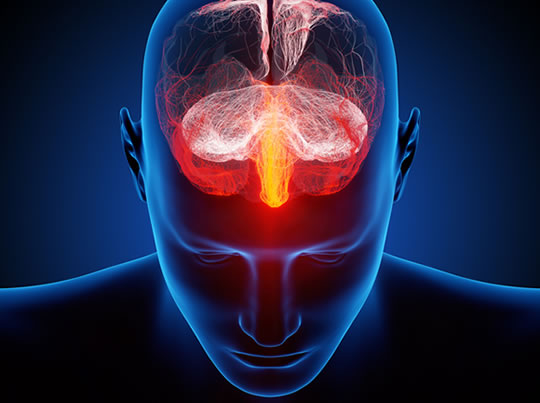Rational brains are physically different from emotional brains.
Two different types of empathy can be seen operating in the brain, a new study finds.
The two types are emotional empathy and rational empathy.
Emotional empathy is when you feel someone else’s emotions yourself.
Rational empathy is when you try to understand someone else’s emotions intellectually.
Mr Robert Eres, who led the study, said:
“People who are high on affective [or emotional] empathy are often those who get quite fearful when watching a scary movie, or start crying during a sad scene.
Those who have high cognitive empathy are those who are more rational, for example a clinical psychologist counselling a client.”
The brains of people who respond rationally to emotions are different from those who respond emotionally, the study found.
The study examined whether people with more brain cells in certain areas respond in different ways to emotional stimuli.
Researchers found that people with higher gray matter density in the insula — an area important for the emotions — displayed more emotional empathy.
Those showing more rational empathy had higher gray matter density in the midcingulate cortex.
Mr Eres said:
“Every day people use empathy with, and without, their knowledge to navigate the social world.
We use it for communication, to build relationships, and consolidate our understanding of others.
In the future we want to investigate causation by testing whether training people on empathy related tasks can lead to changes in these brain structures and investigate if damage to these brain structures, as a result of a stroke for example, can lead to empathy impairments.”
The study’s authors conclude:
“Taken together, these results provide validation for empathy being a multi-component construct, suggesting that affective and cognitive empathy are differentially represented in brain morphometry as well as providing convergent evidence for empathy being represented by different neural and structural correlates.”
The study was published in the journal Neuroimage (Eres et al., 2015).
Brain illustration image from Shutterstock

